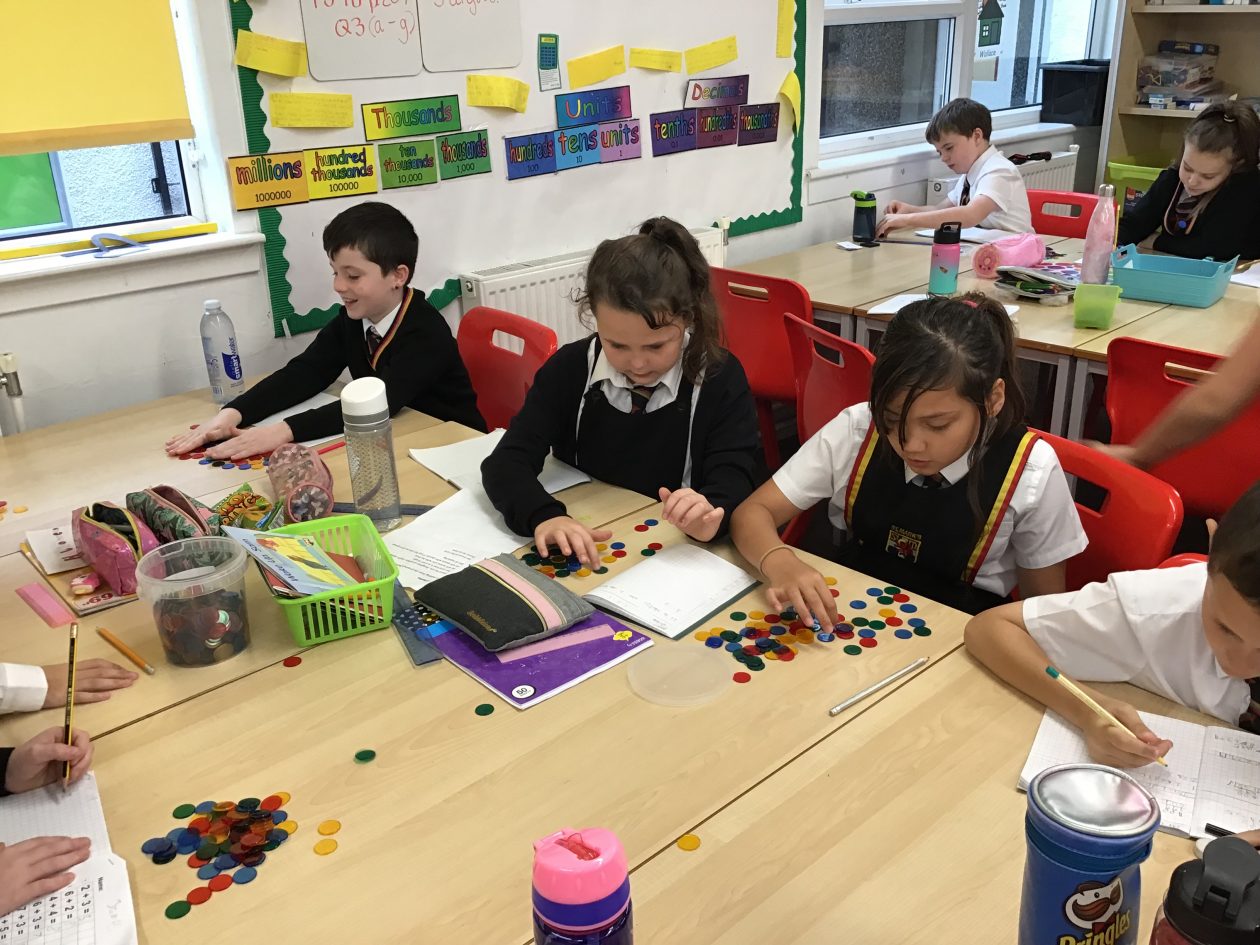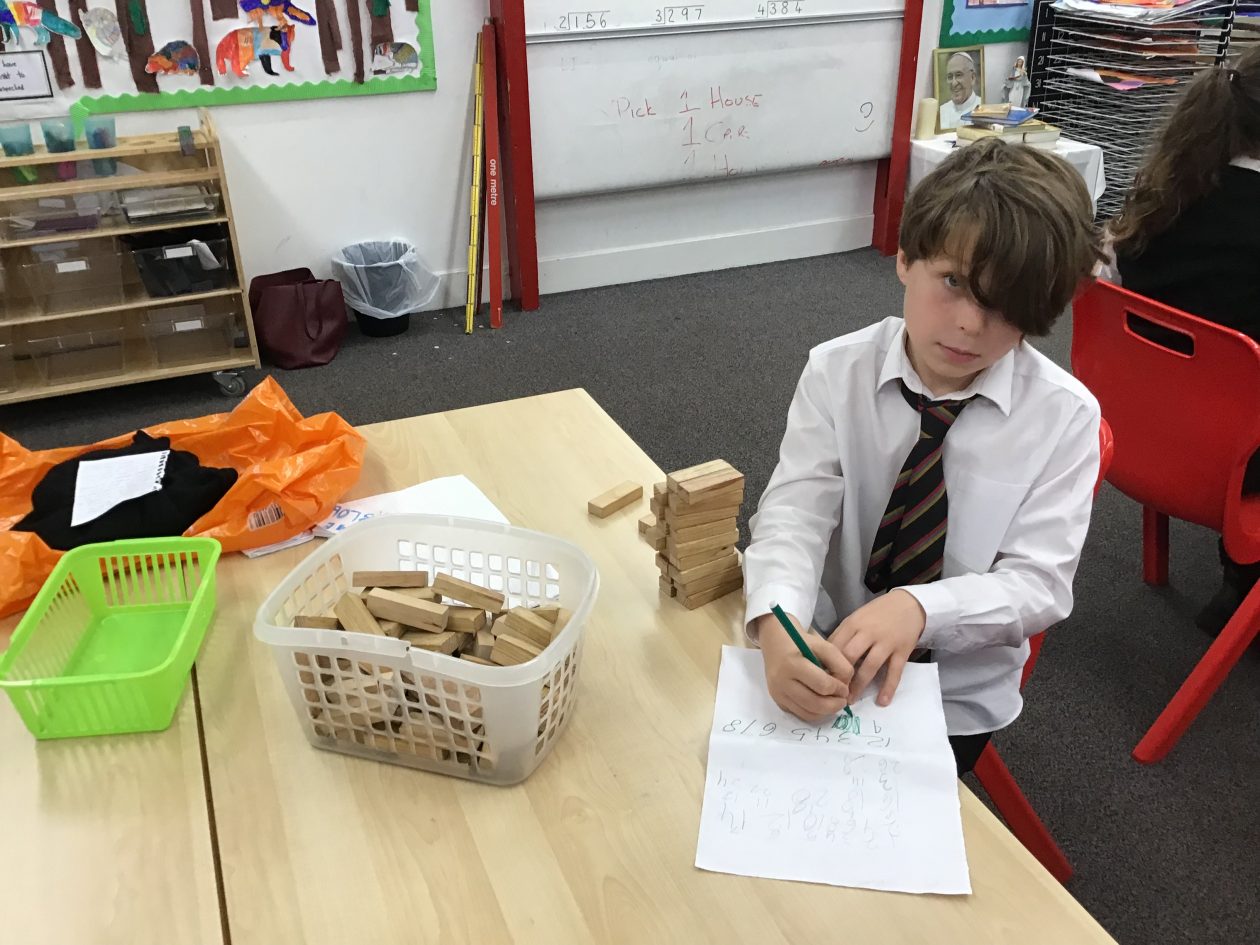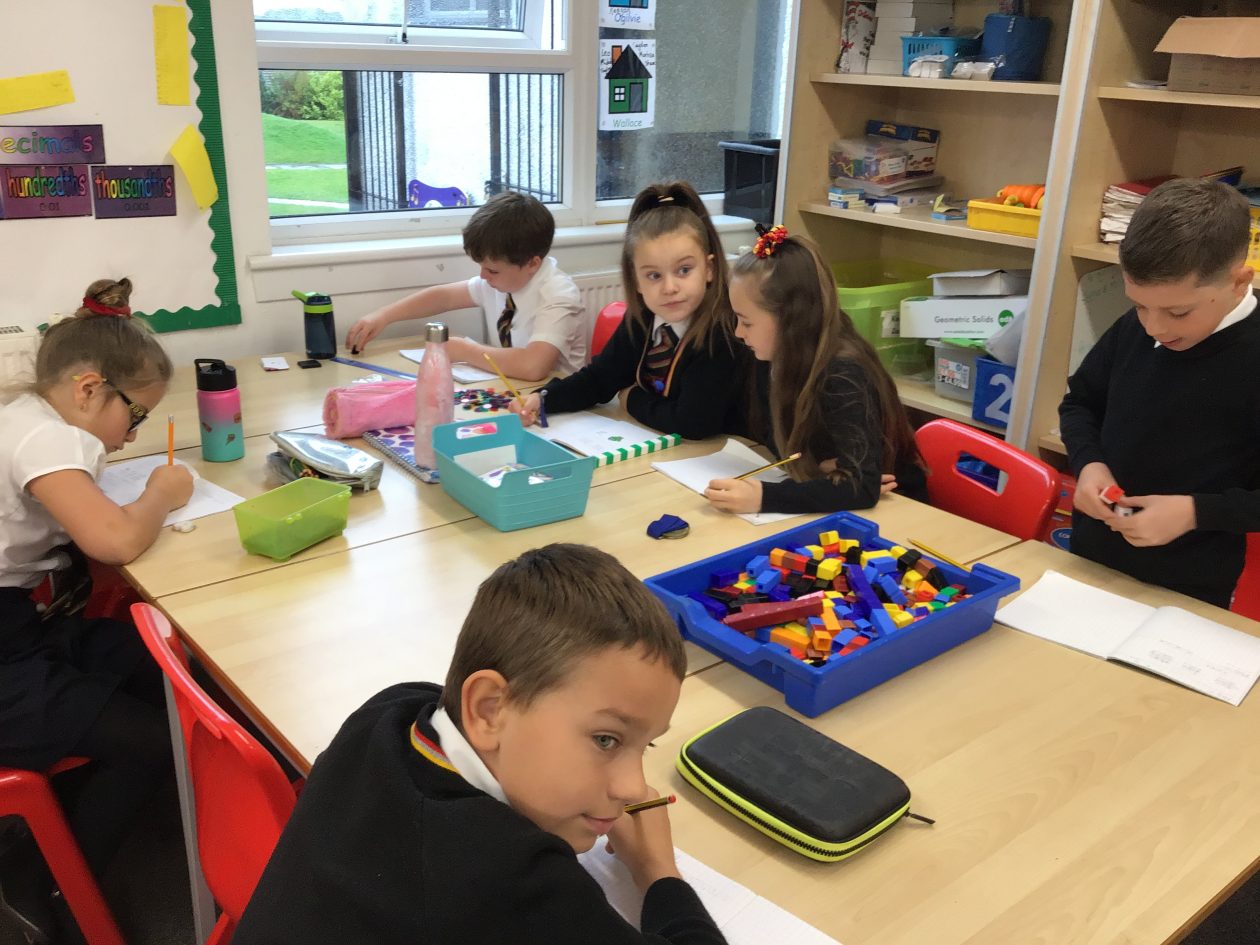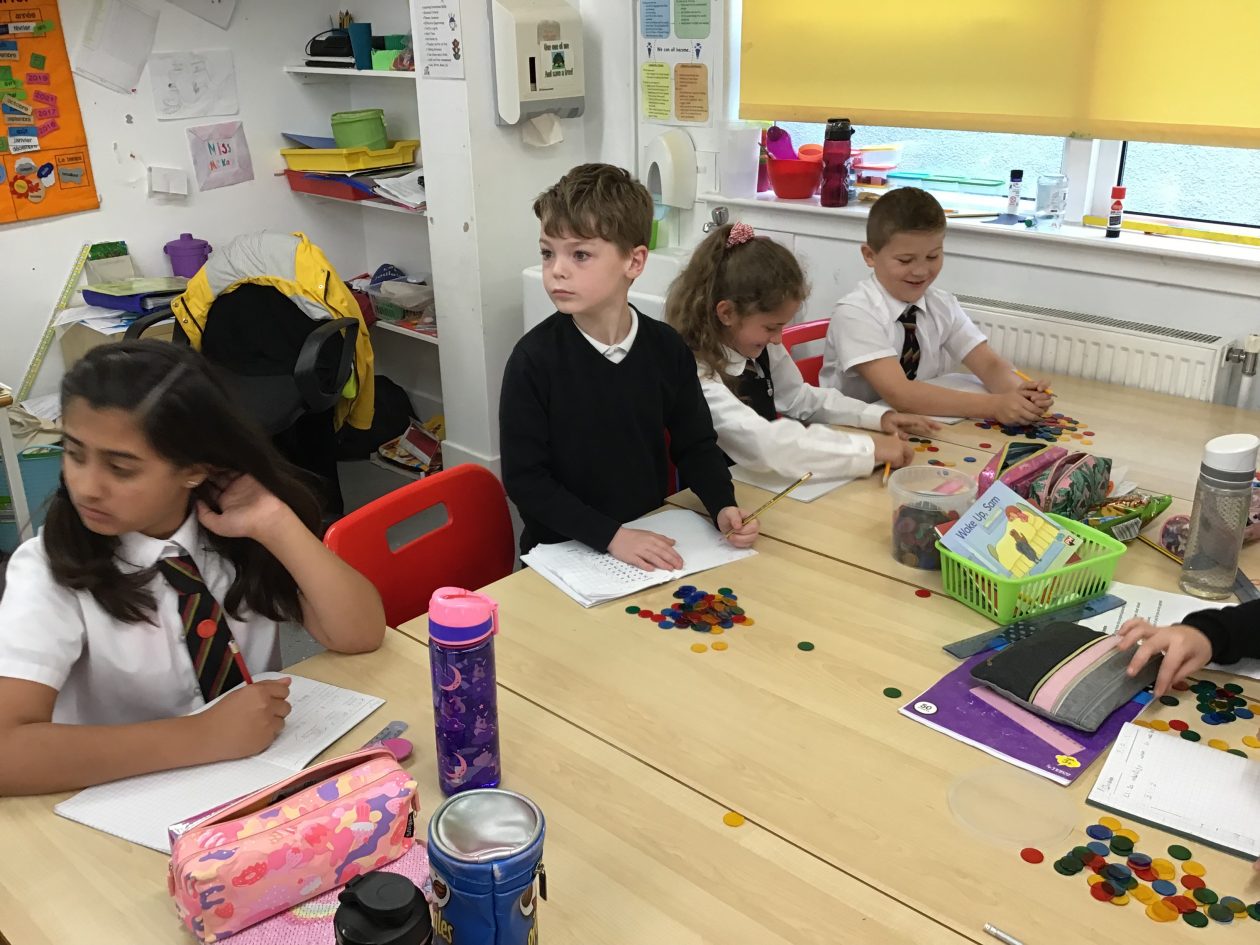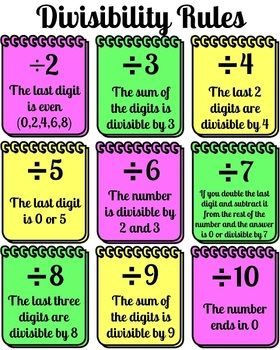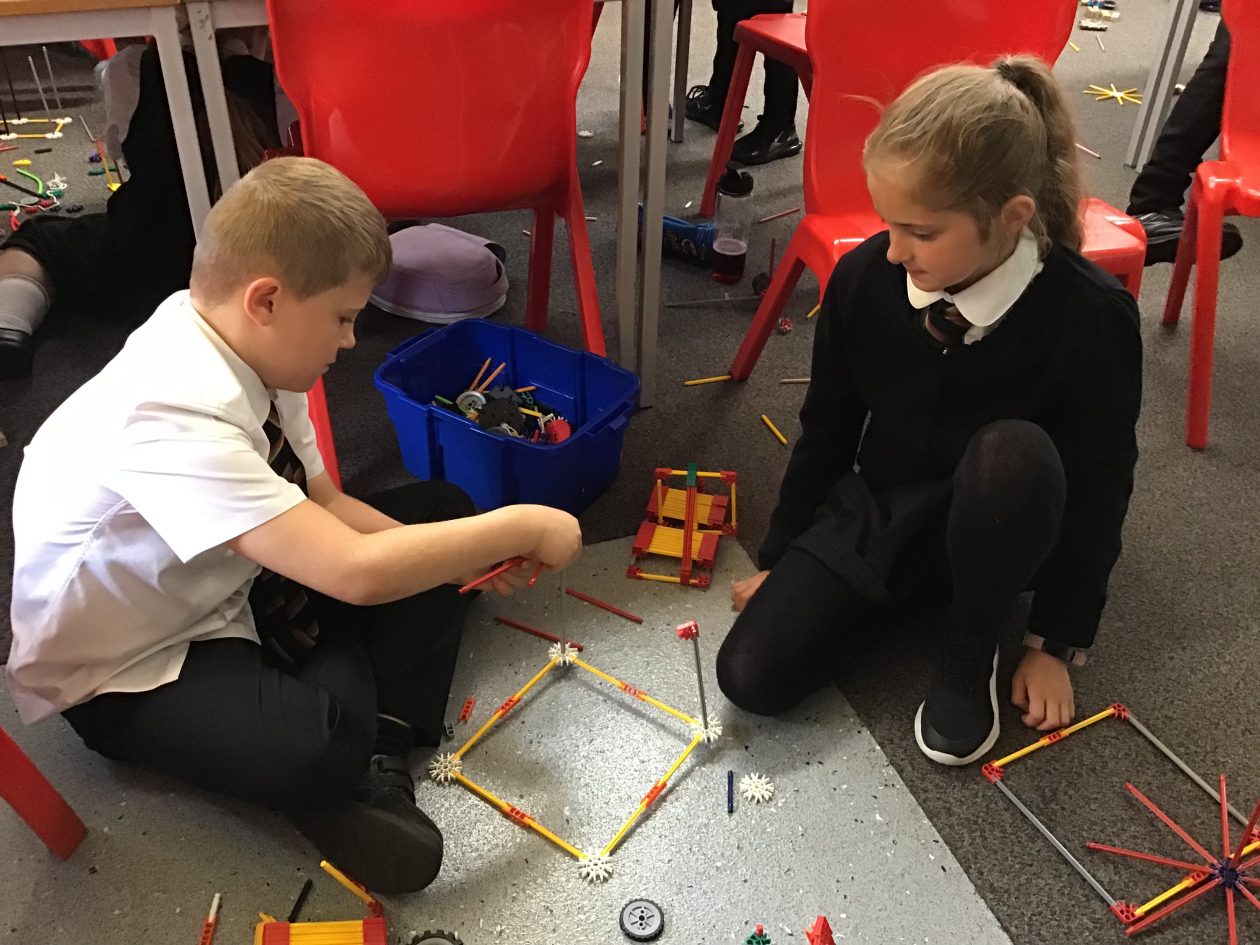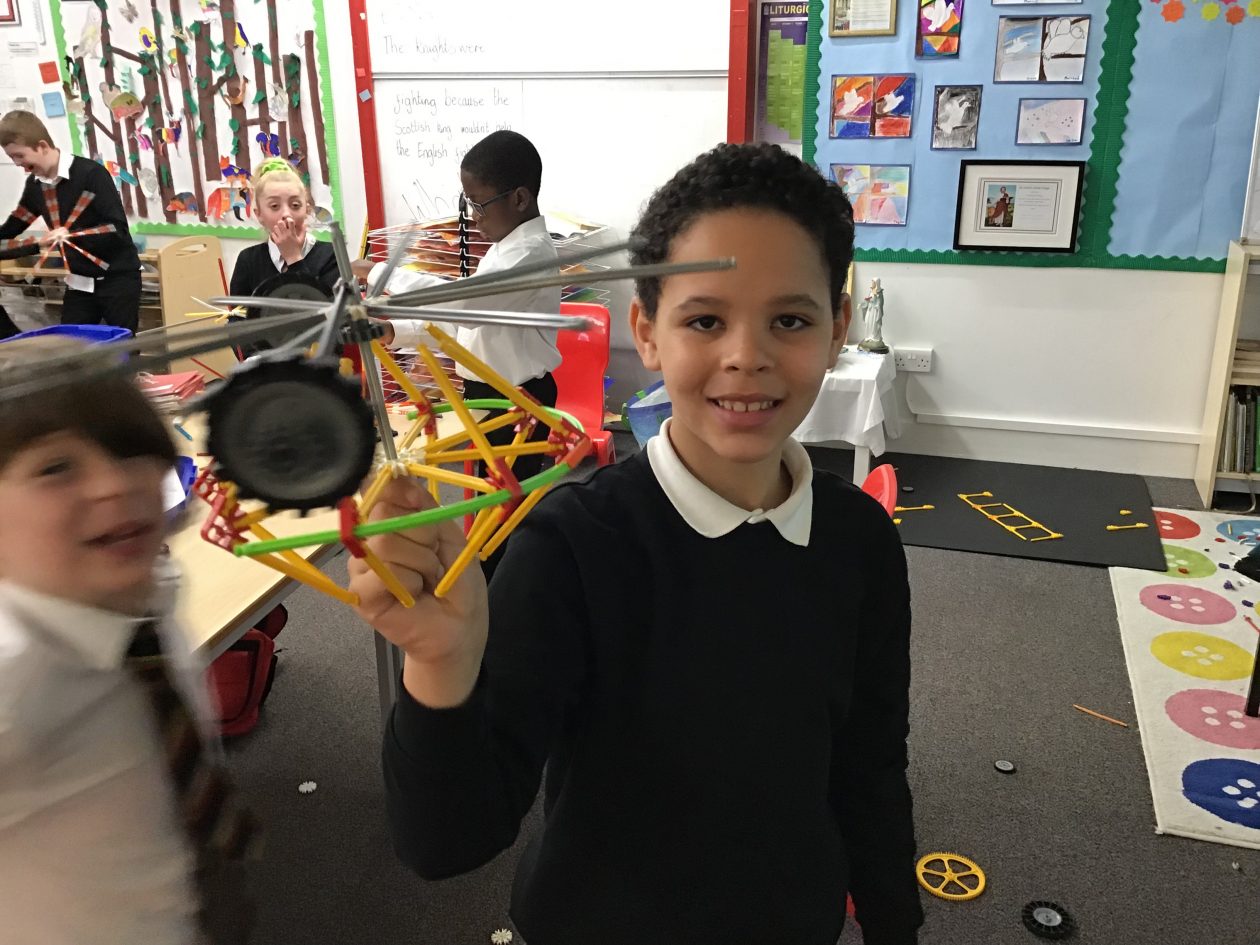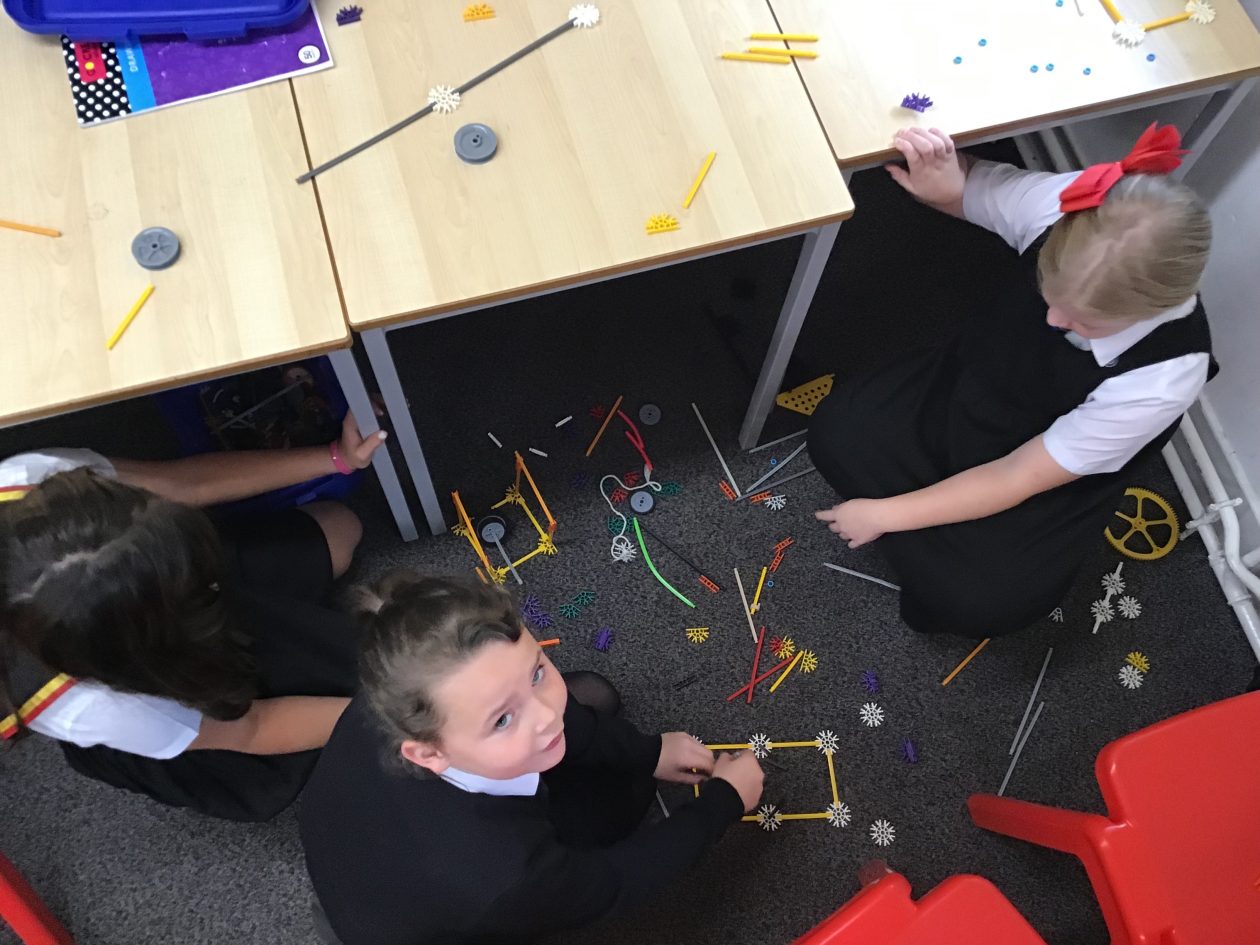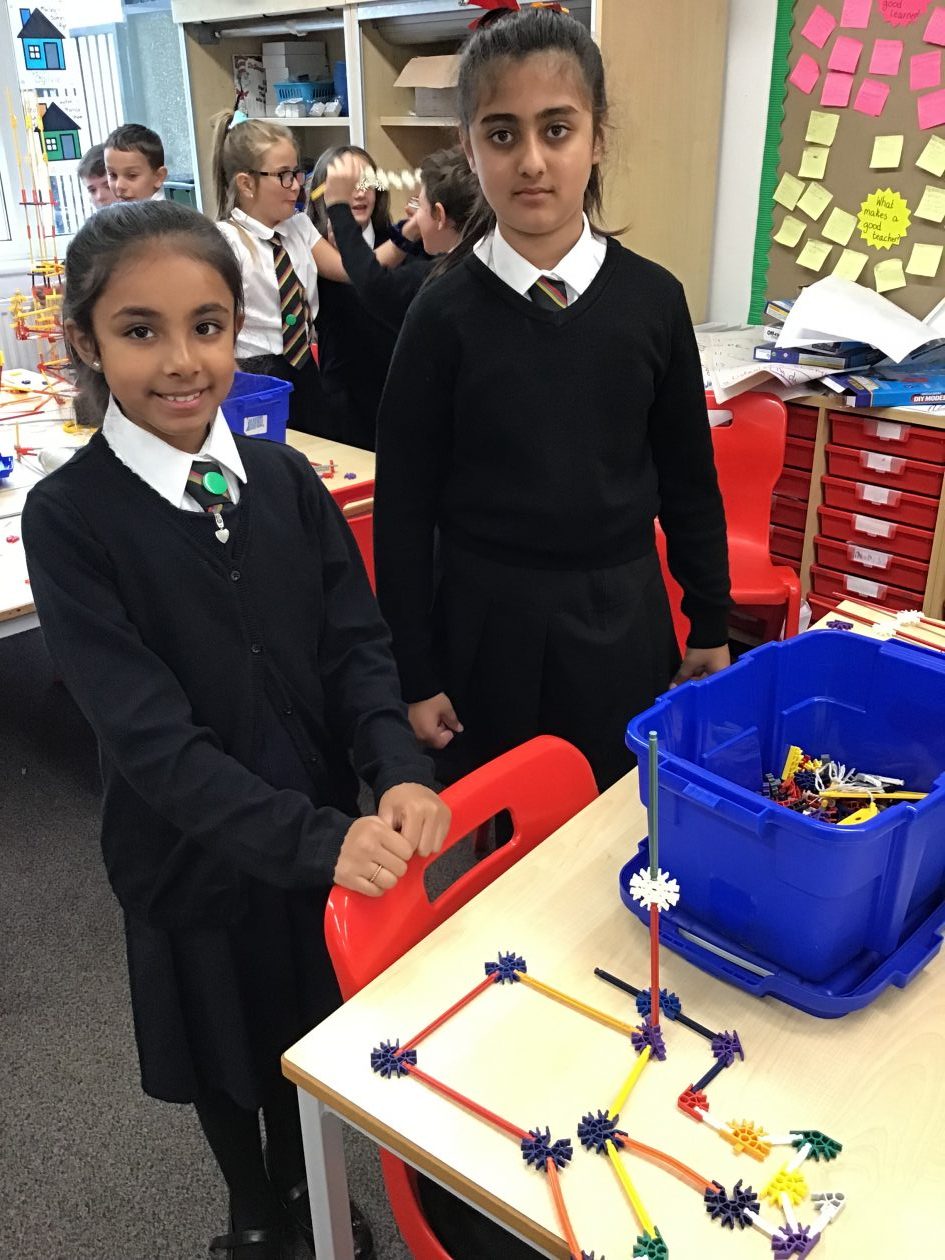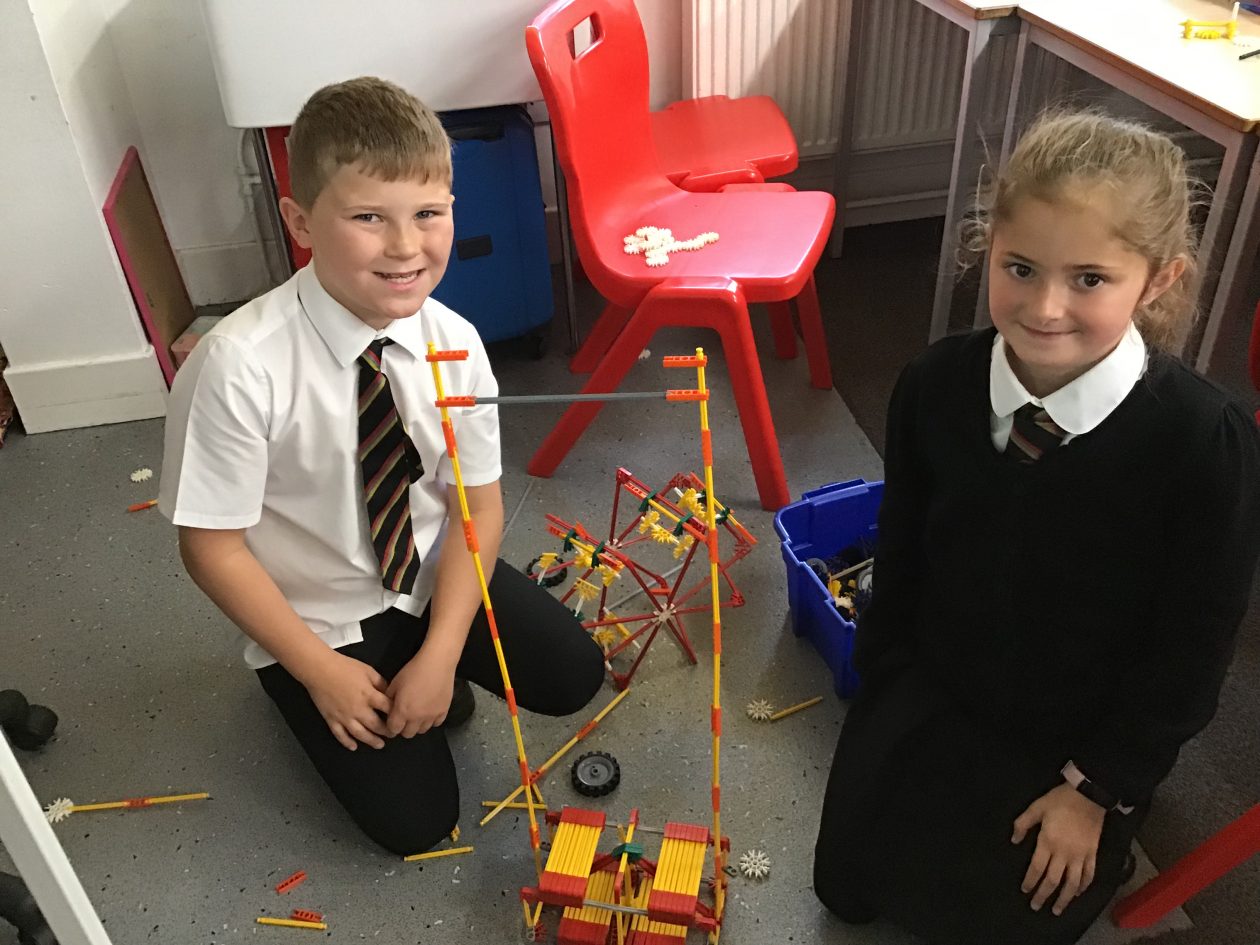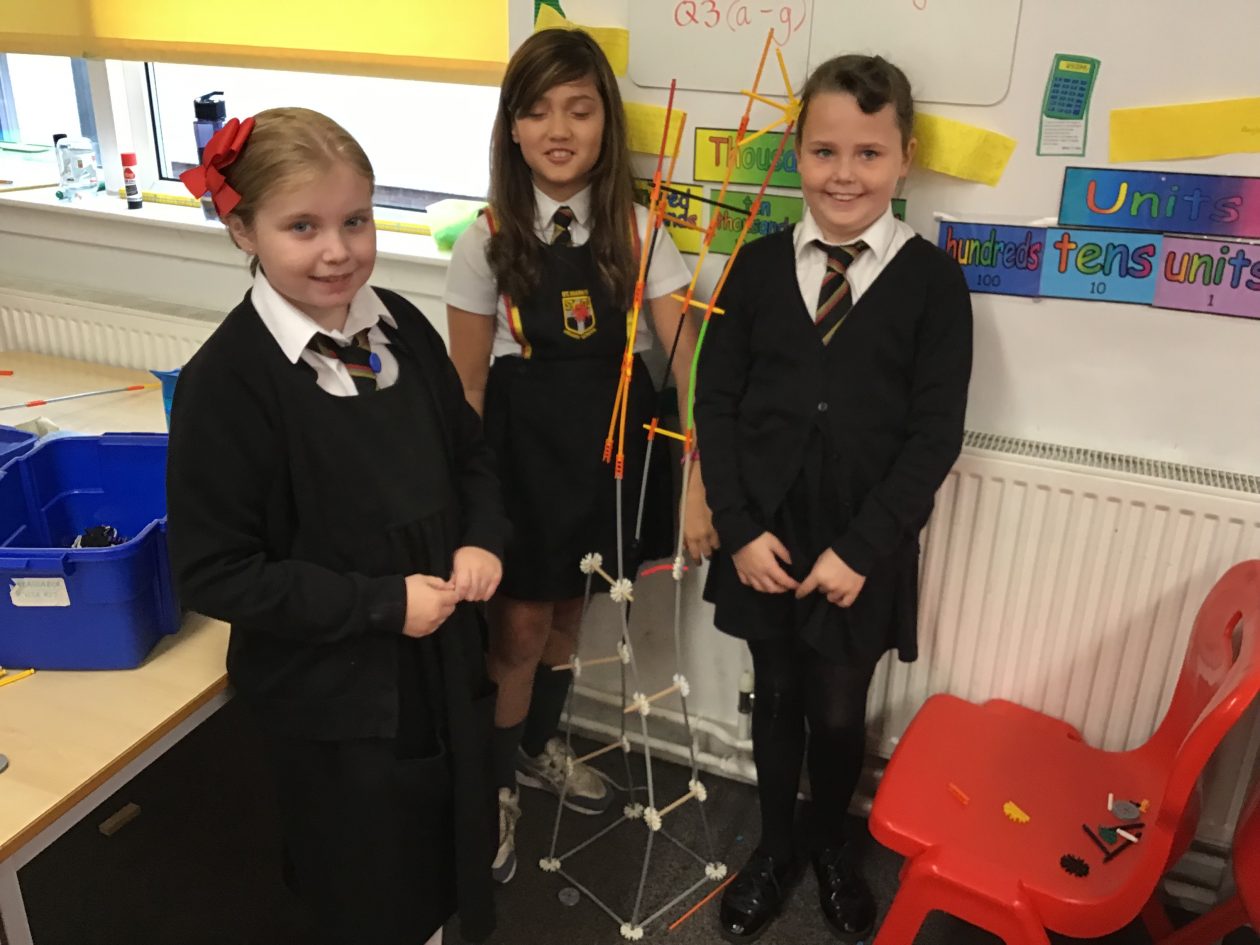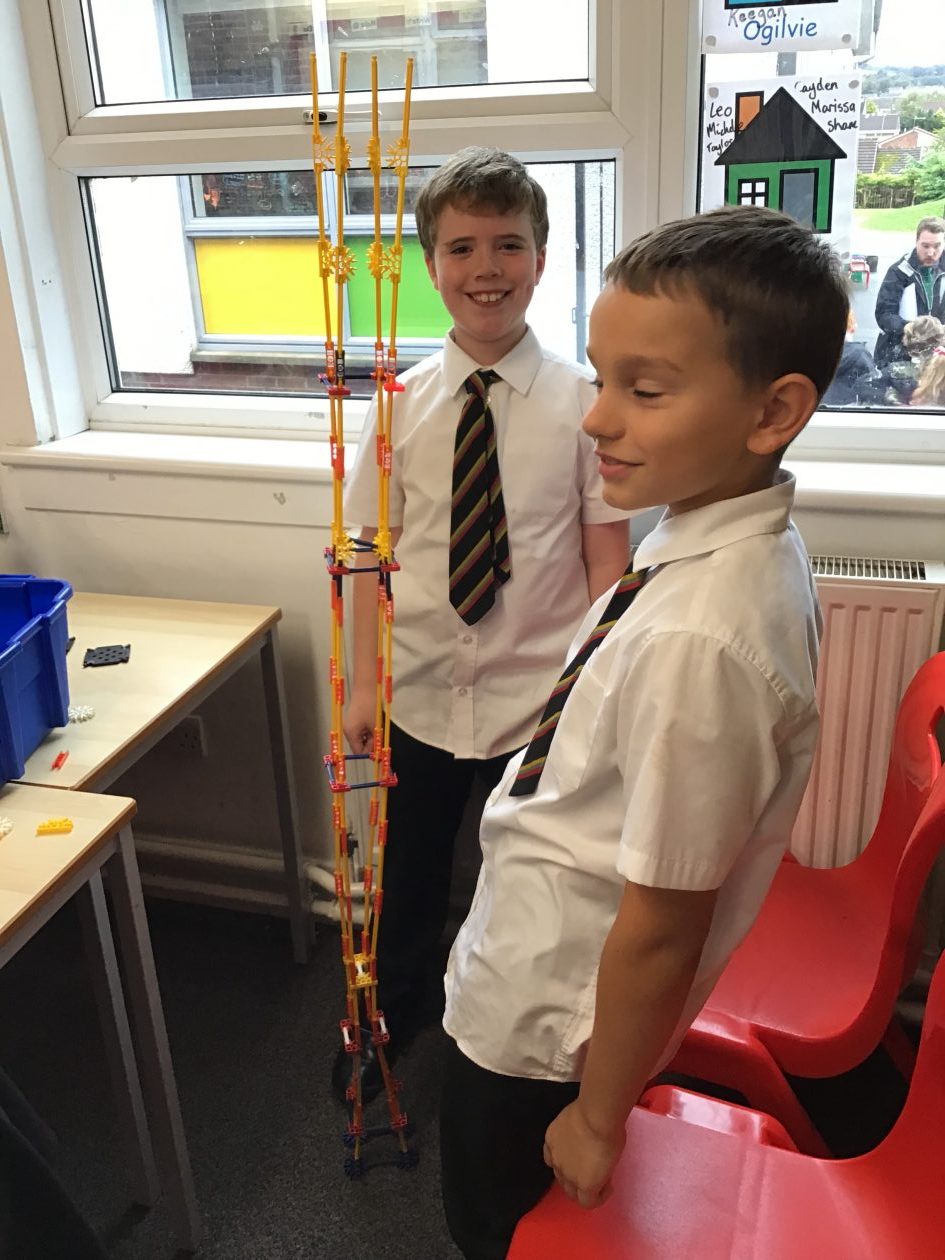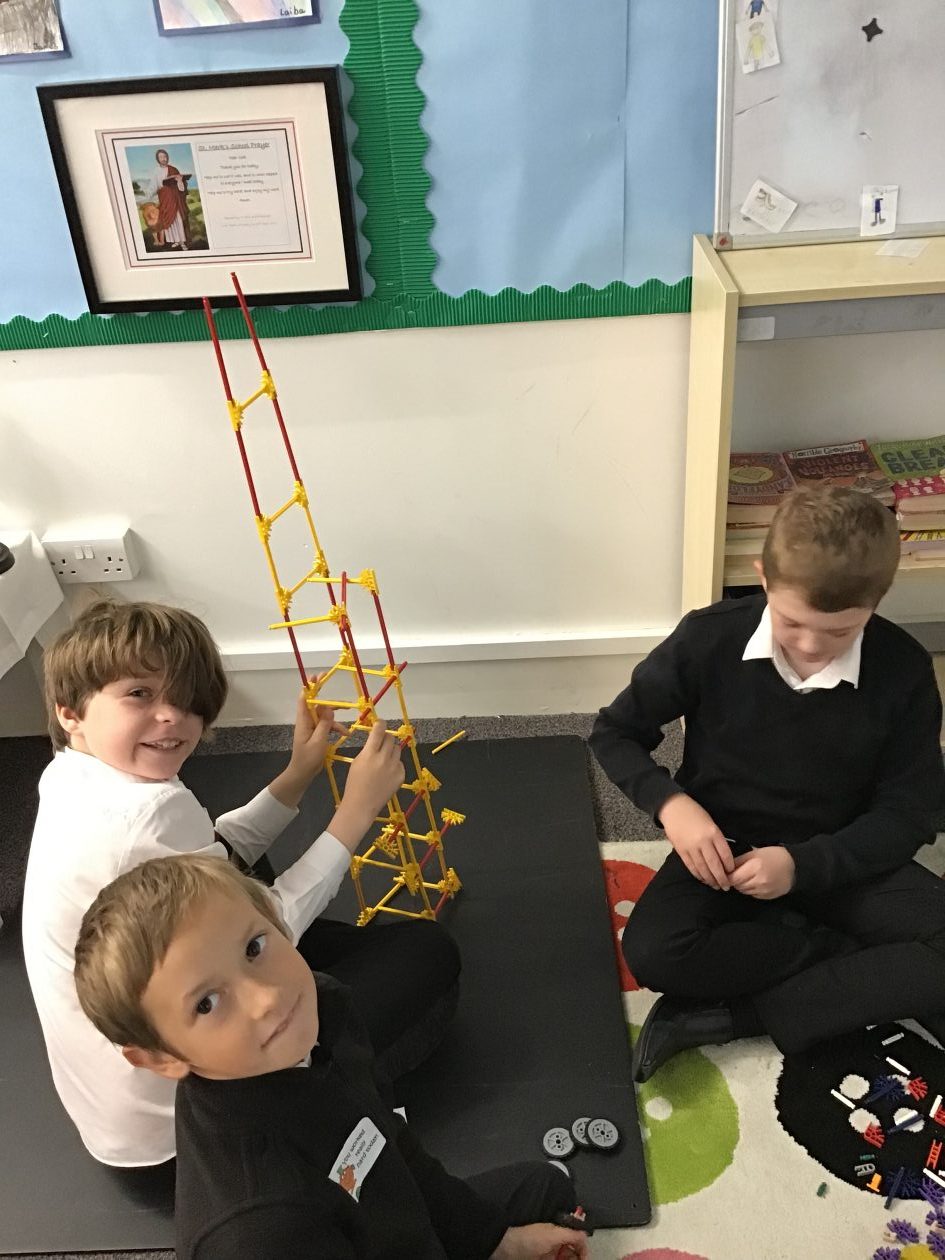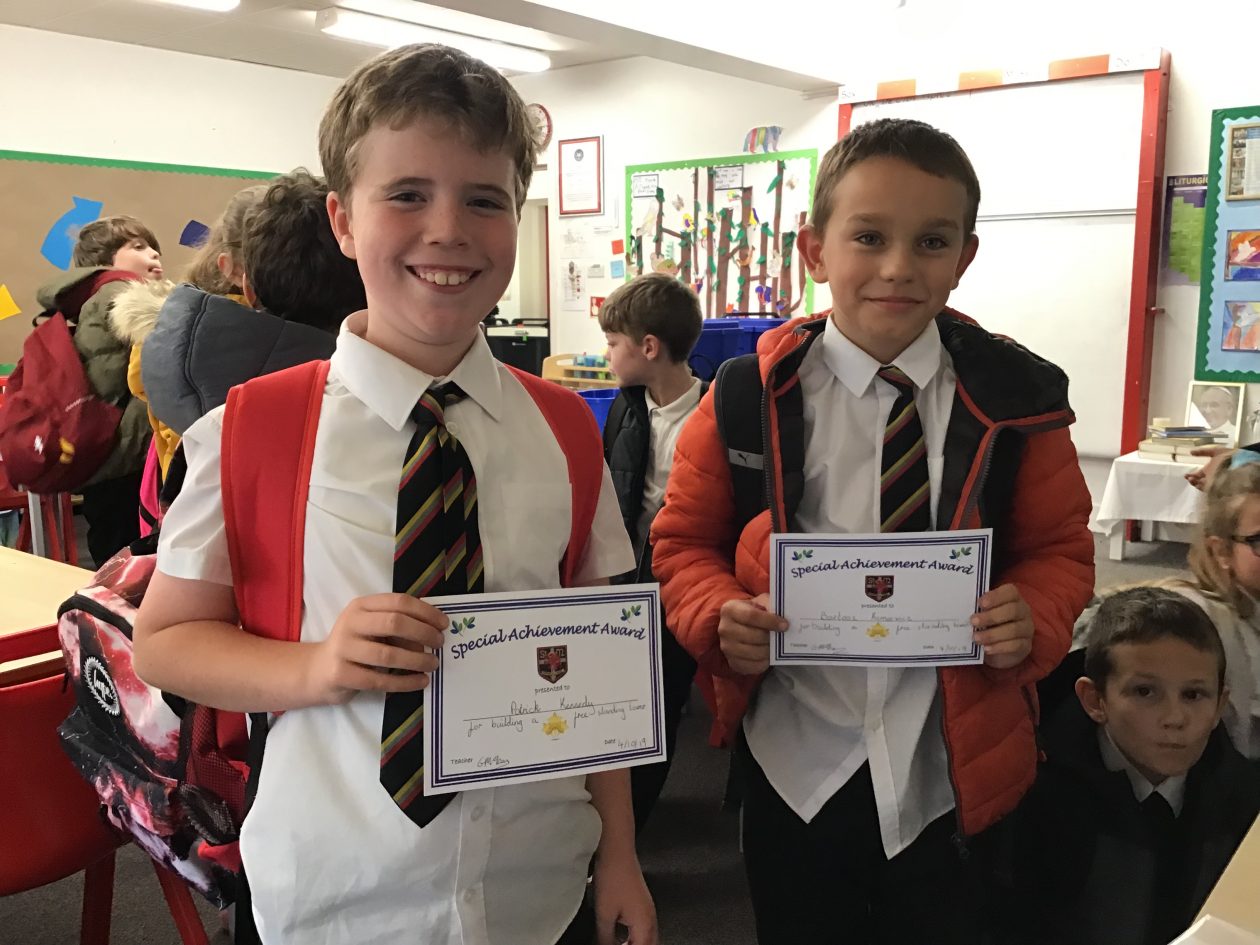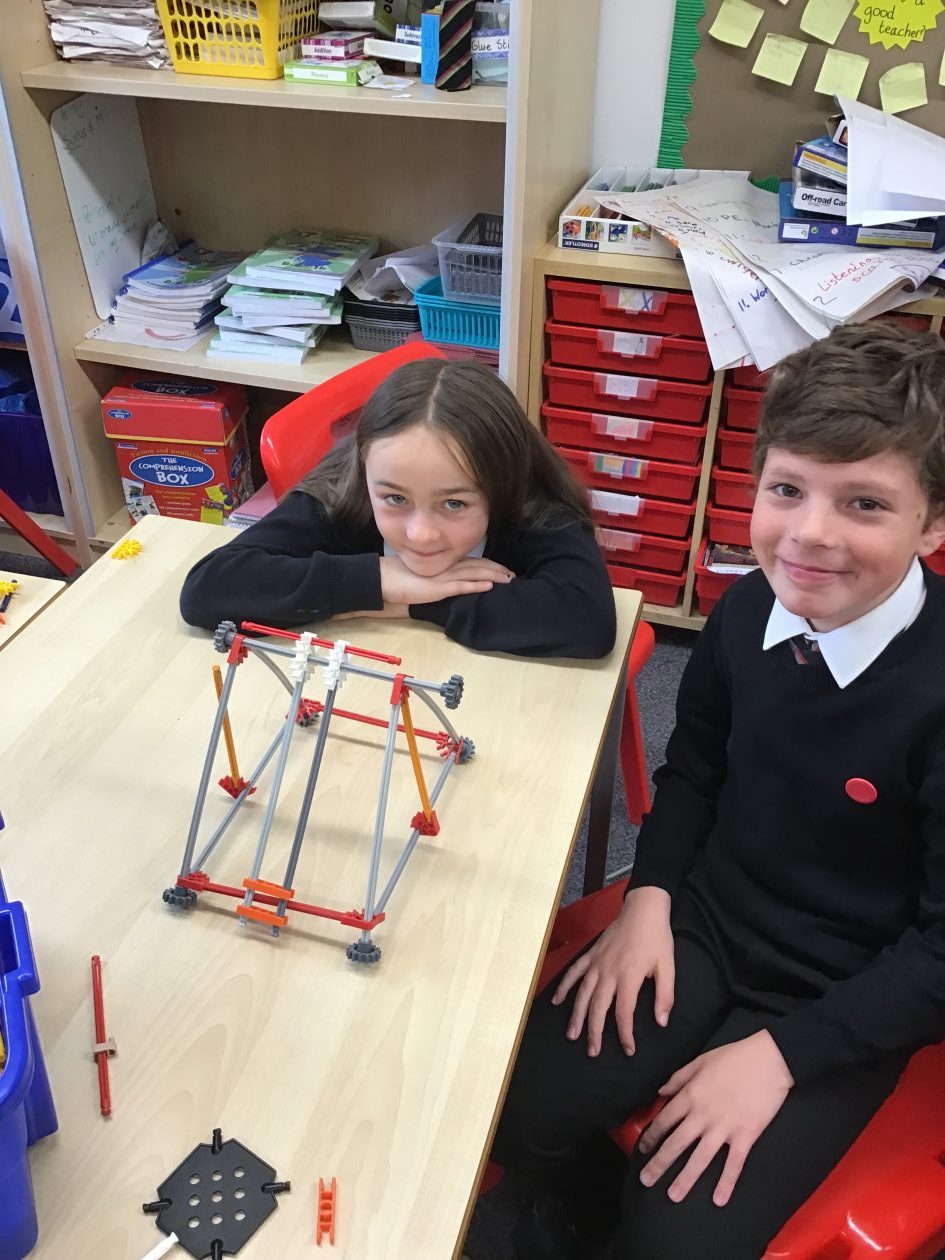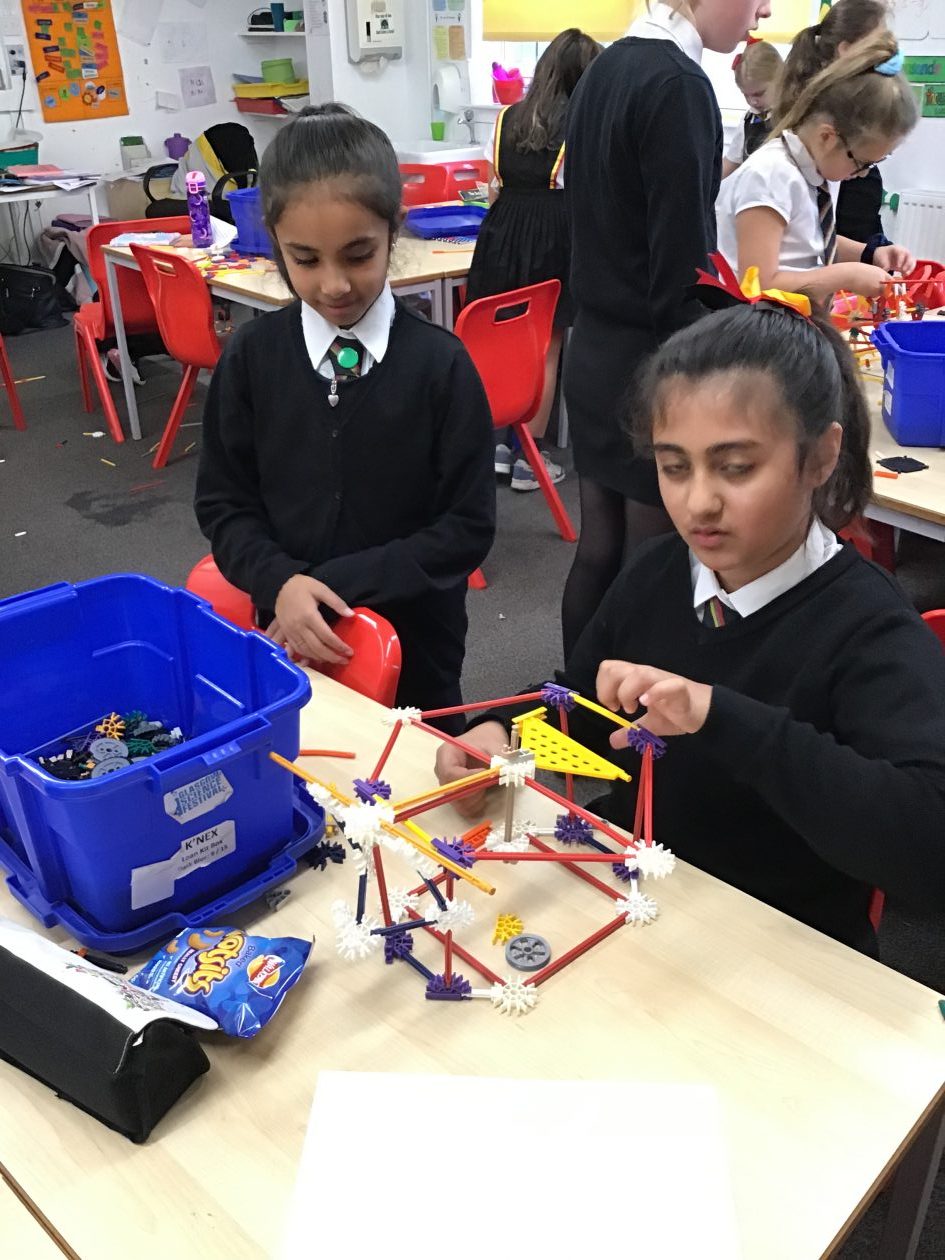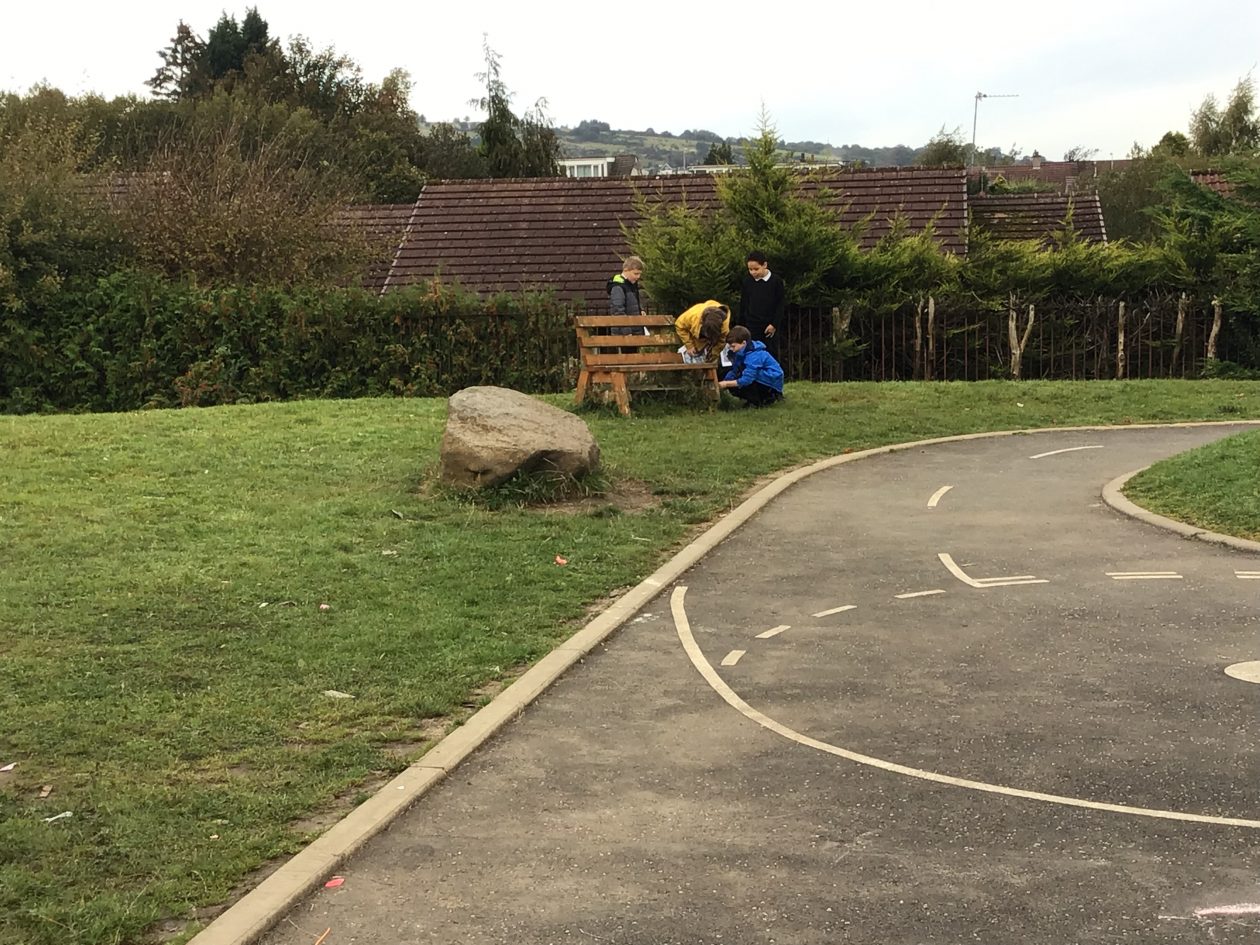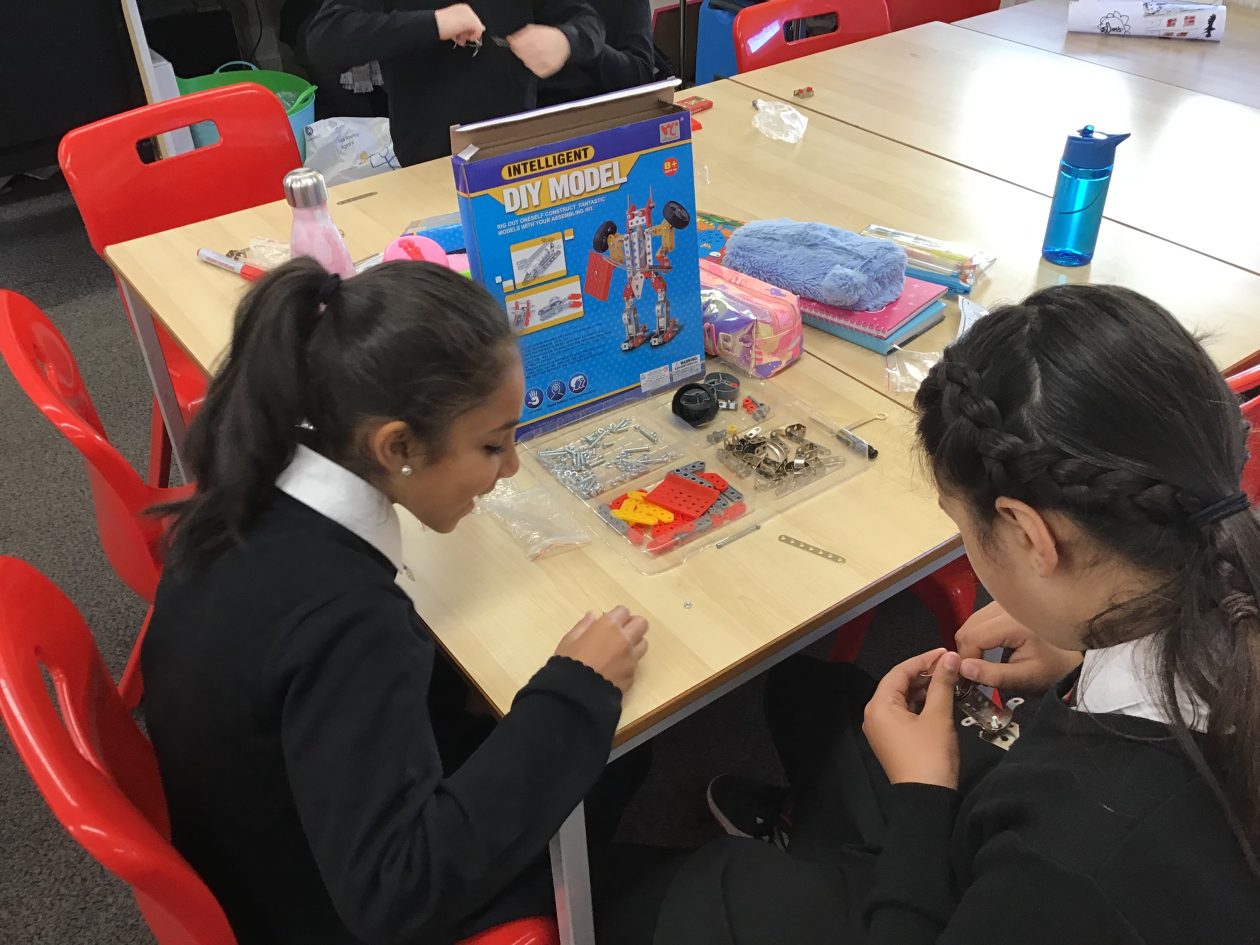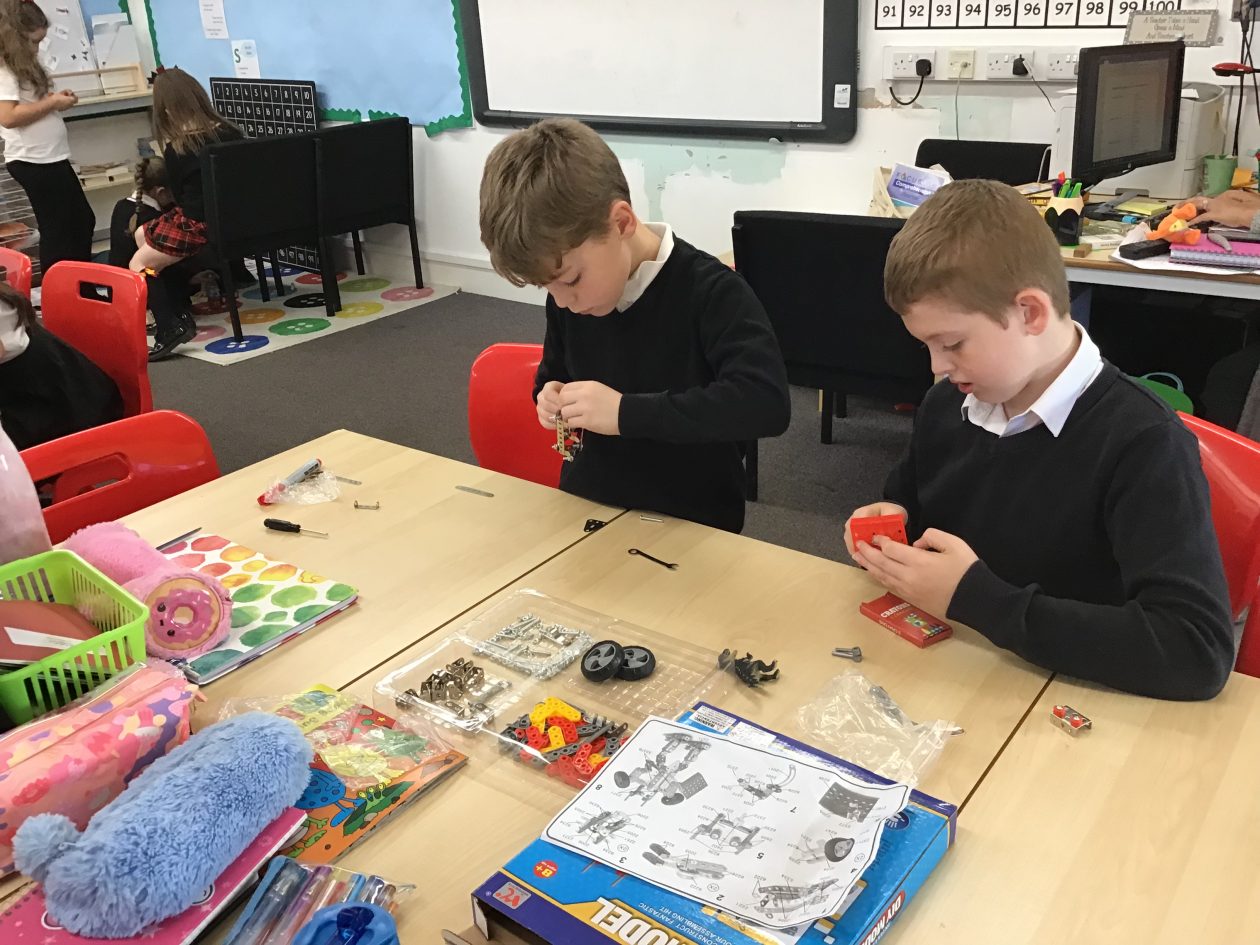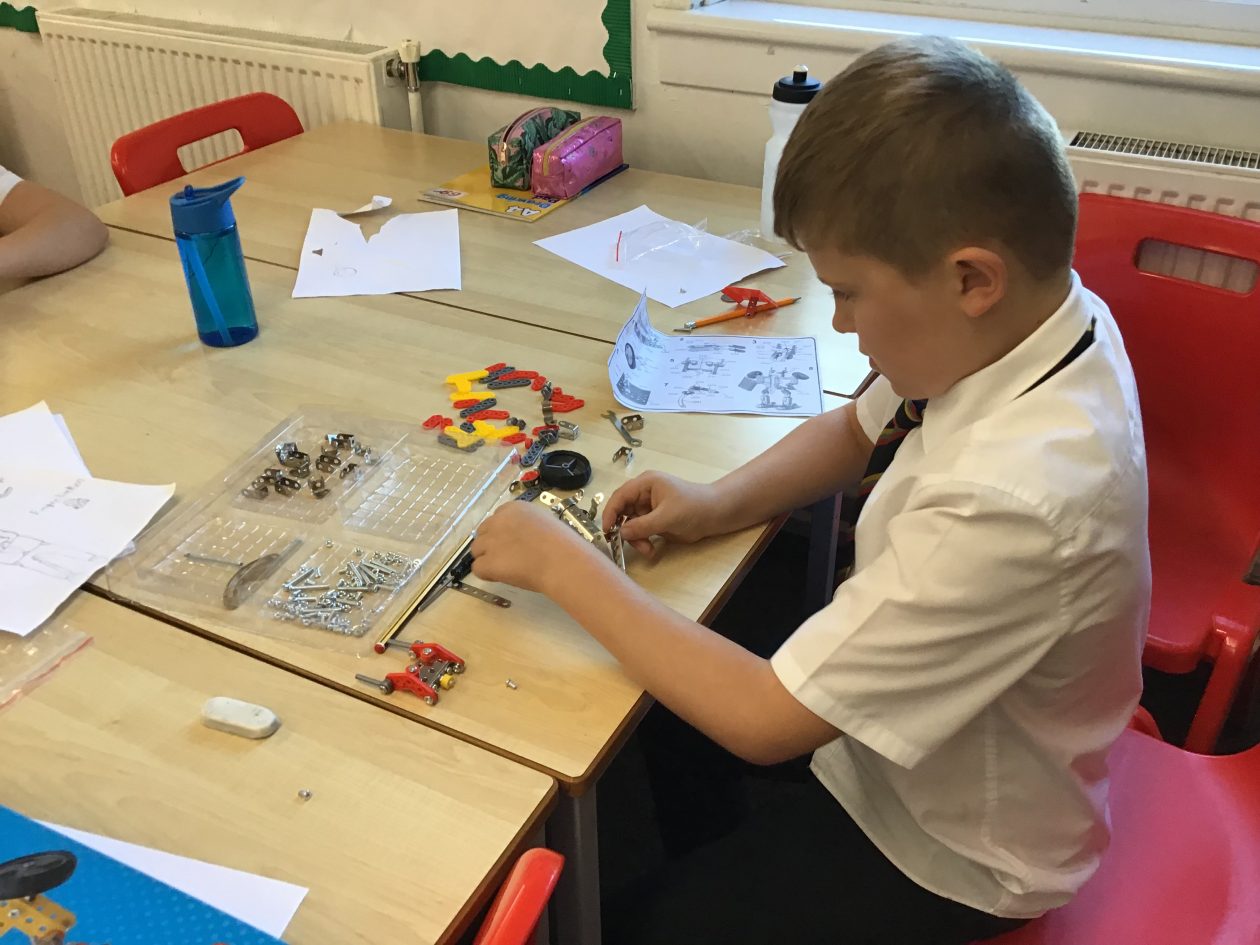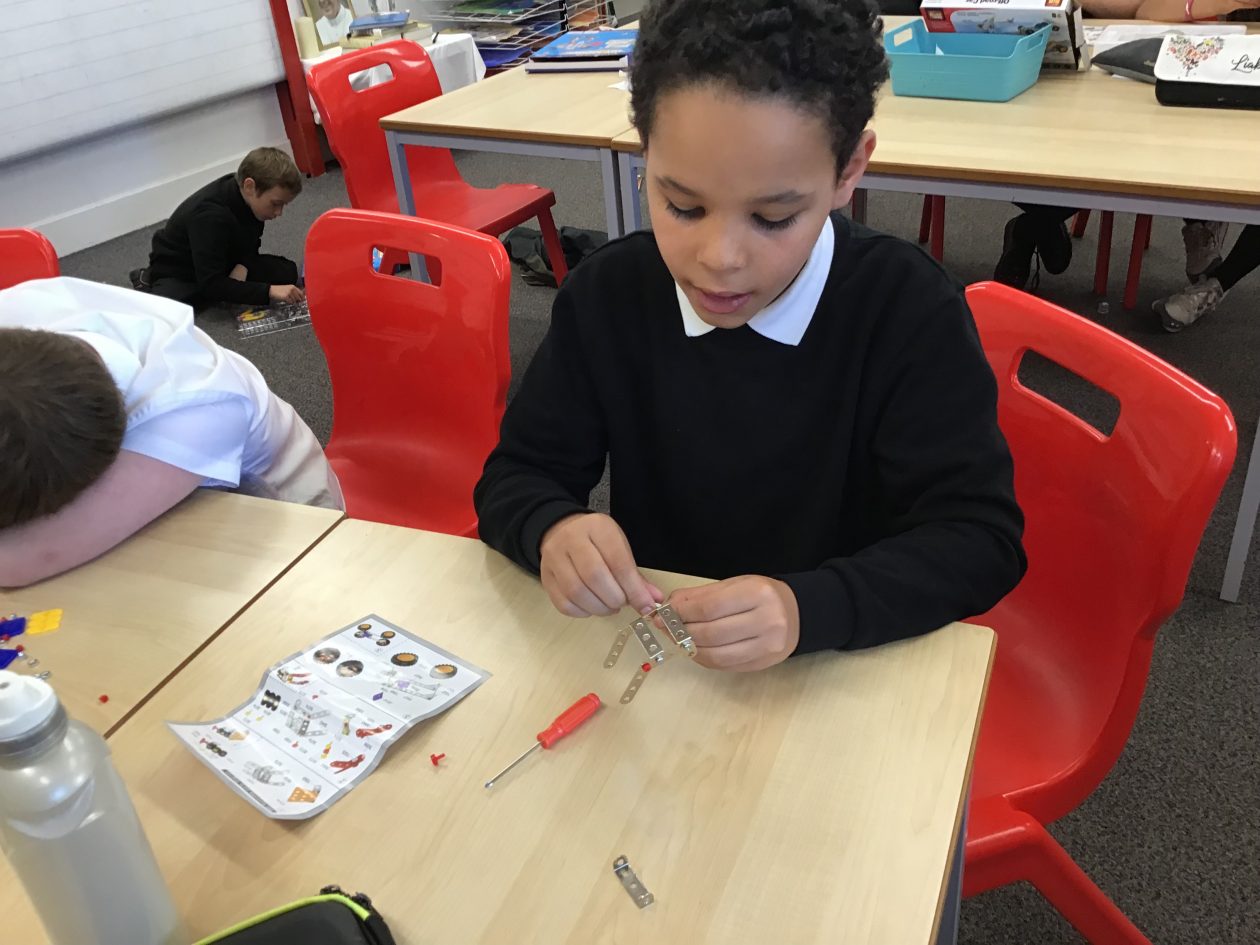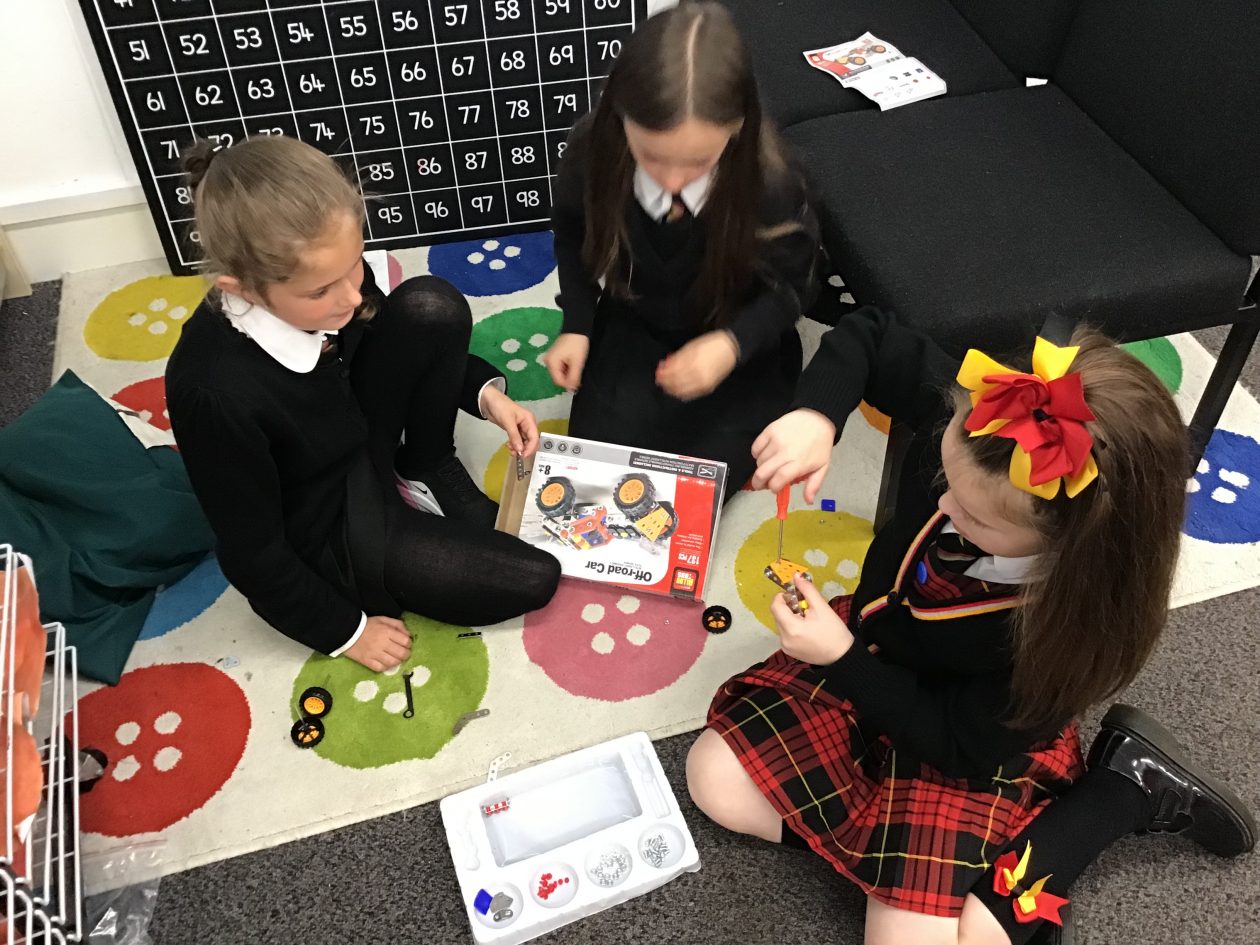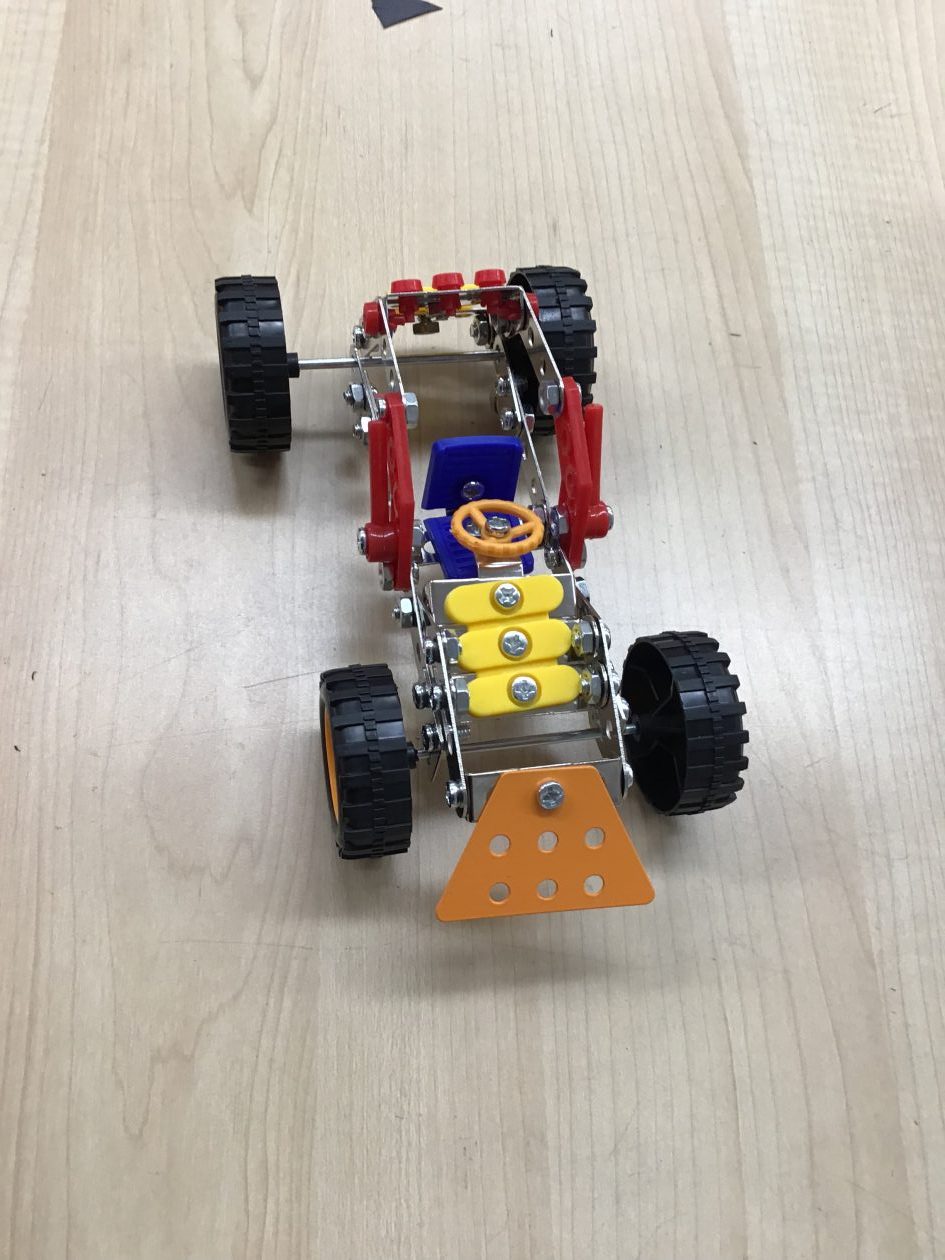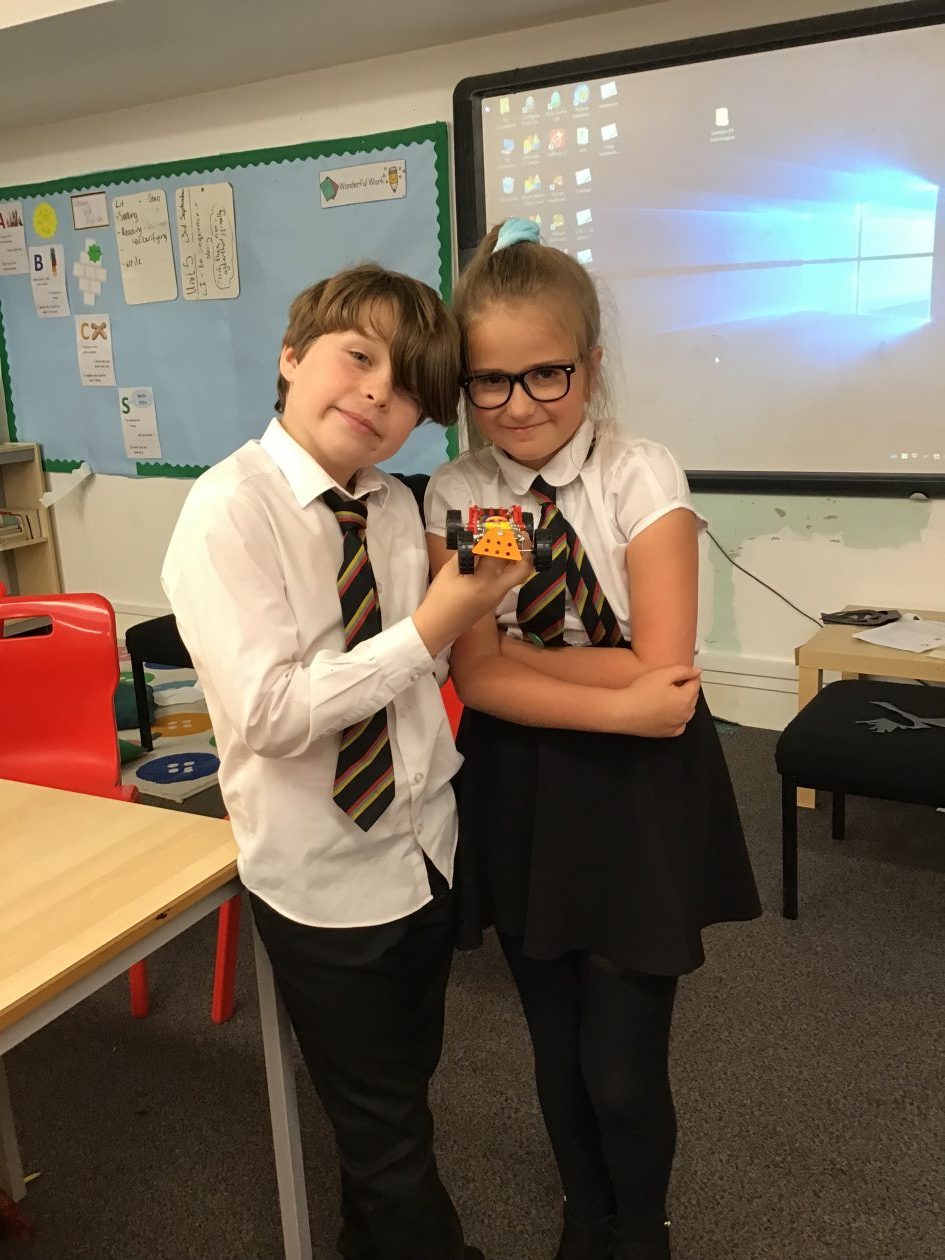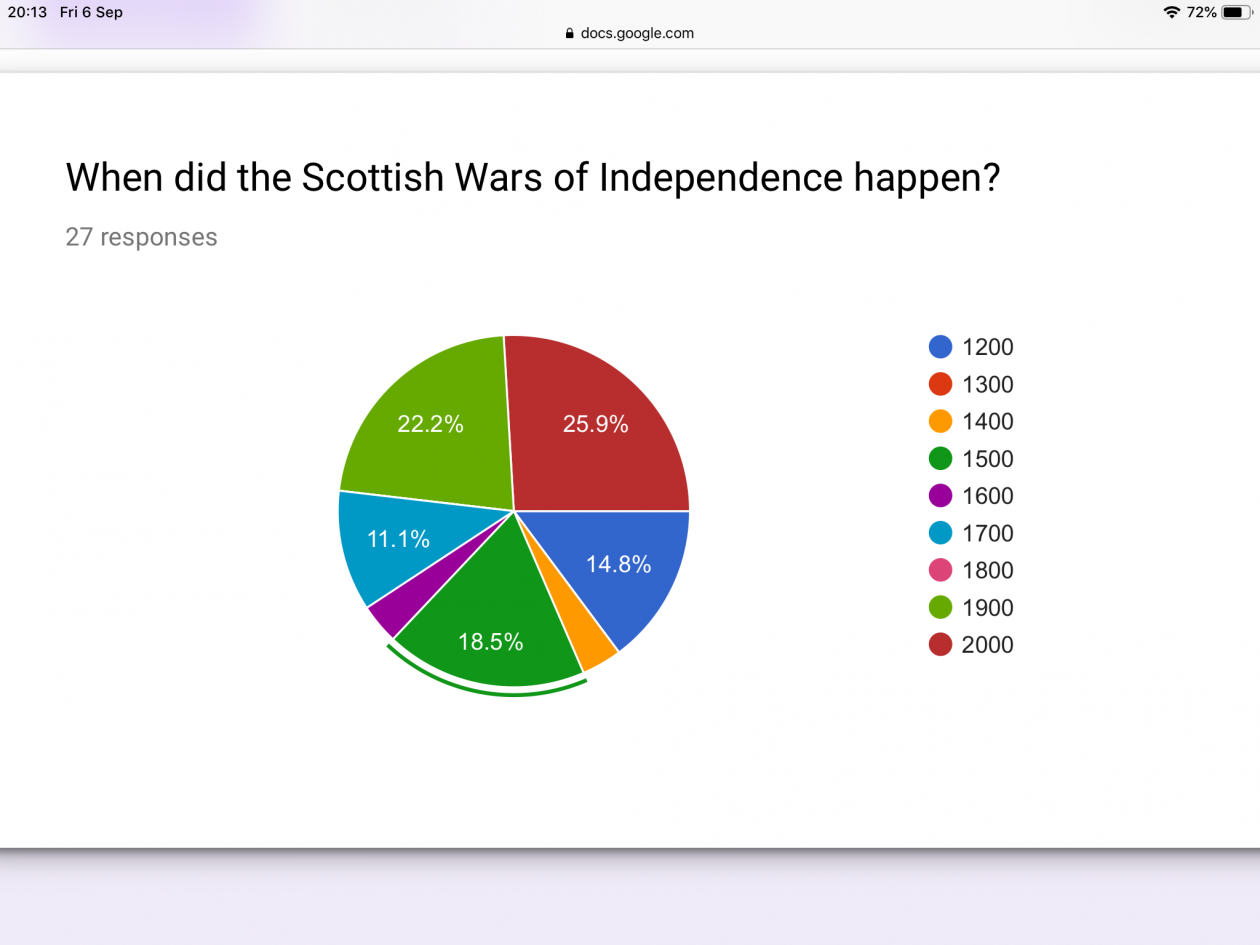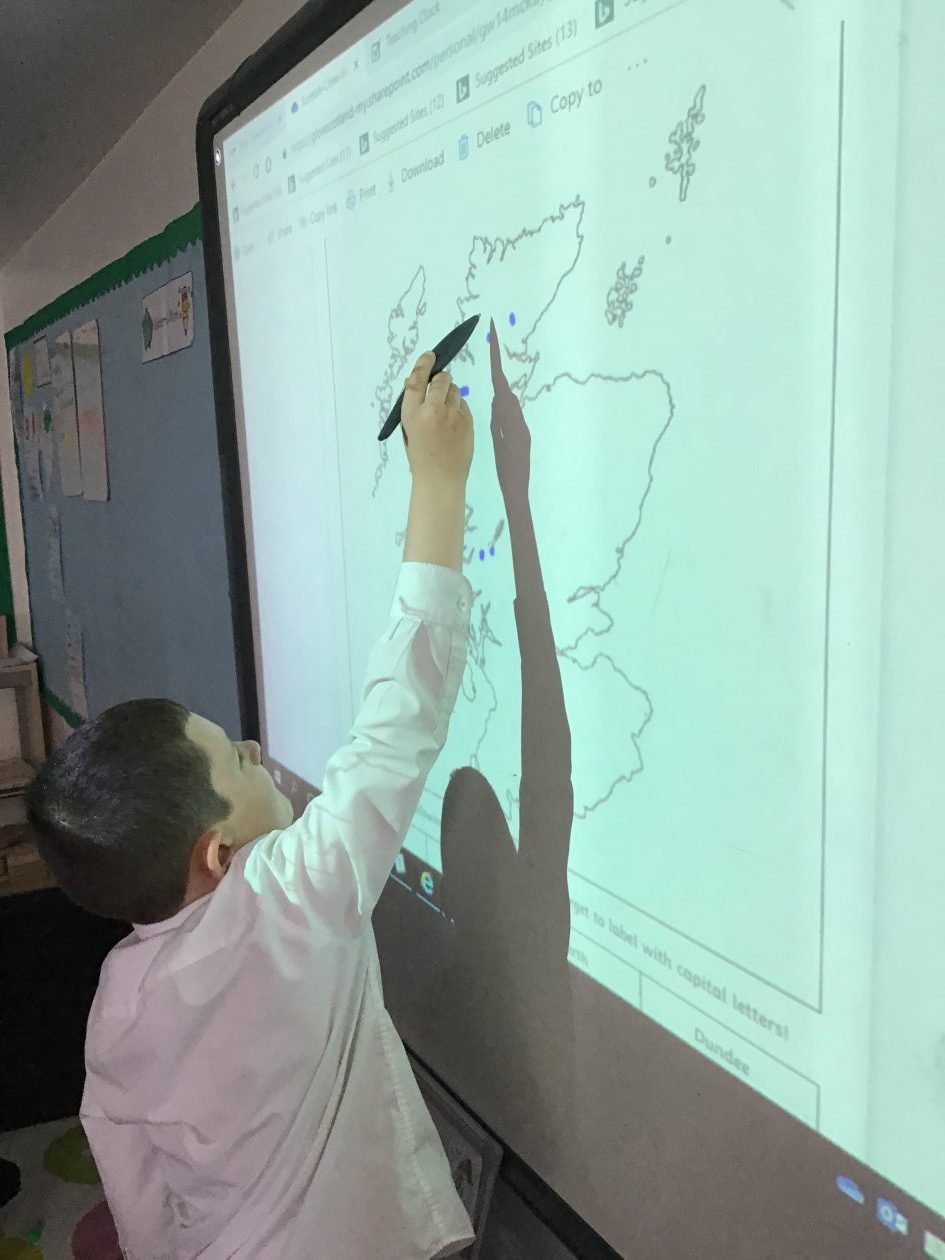Place Value
I have extended the range of whole numbers I can work with and having explored how decimal fractions are constructed, can explain the link between a digit, its place and its value.
MNU 2-02a
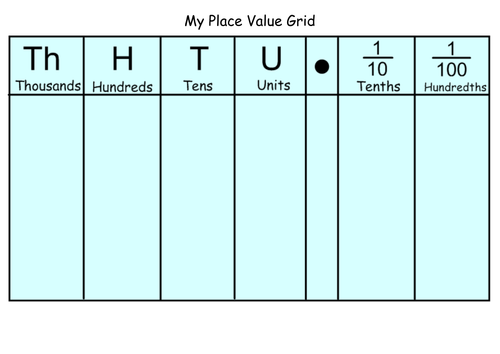 Place Value Playing Cards
Place Value Playing Cards
– Remove the King, Queen and Jack from the deck, you may also wish to remove the tens.
– Decide on the place value you are working towards for example Thousands.
– You and a partner, select the appropriate number of cards each.
– Shout reveal, you then have 3 seconds to make the biggest number you can. Largest number wins the cards played.
I.e. you have 4, 2, 7, 1, once revealed these numbers would be reordered to make 7421 (seven thousand, four hundred and twenty 1).
This can be adapted to within any place value, similarly it could be about the smallest value created.
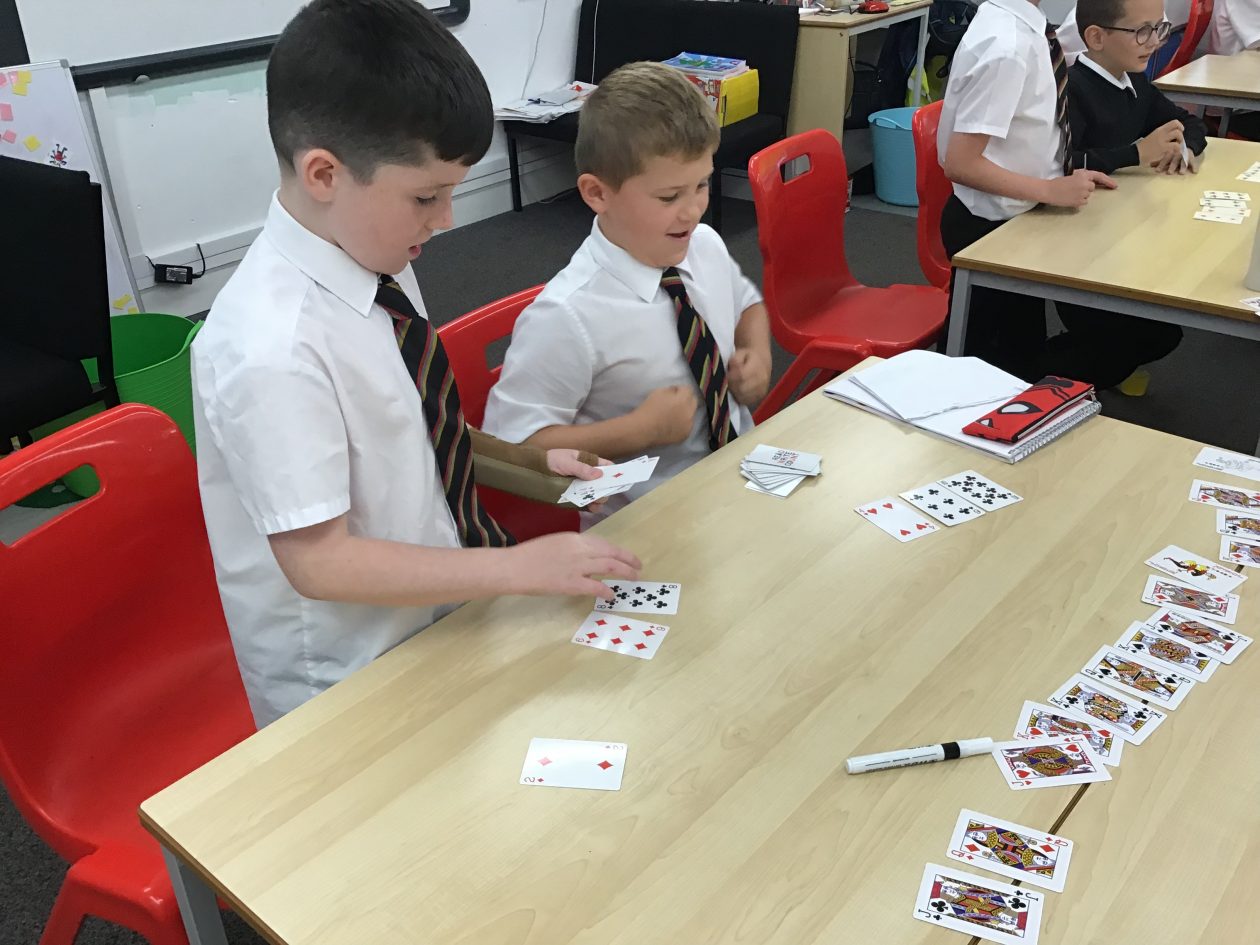
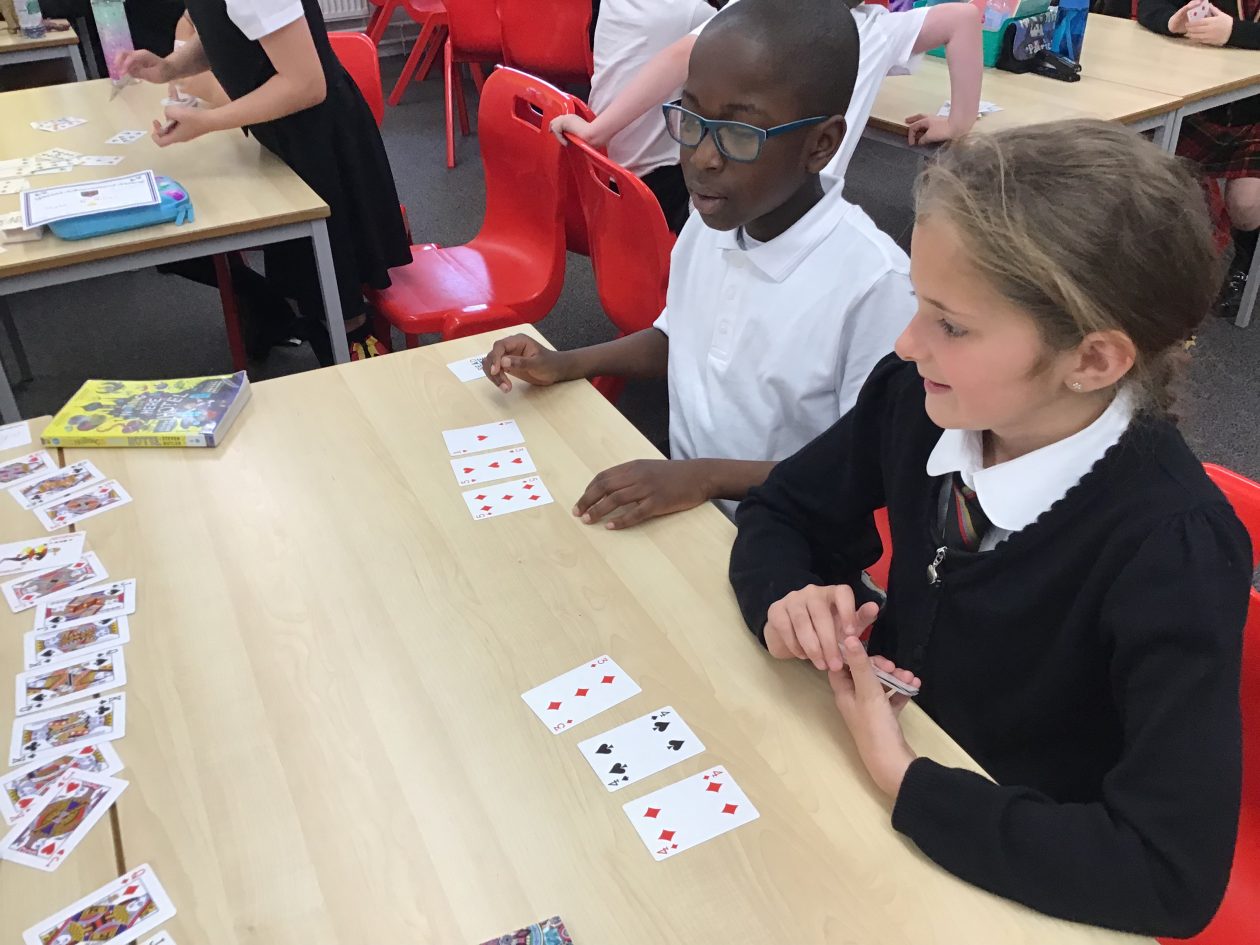

Online Games
https://www.topmarks.co.uk/maths-games/7-11-years/place-value
